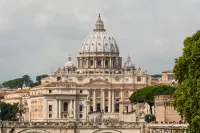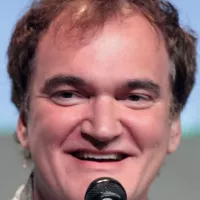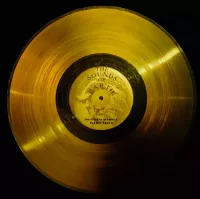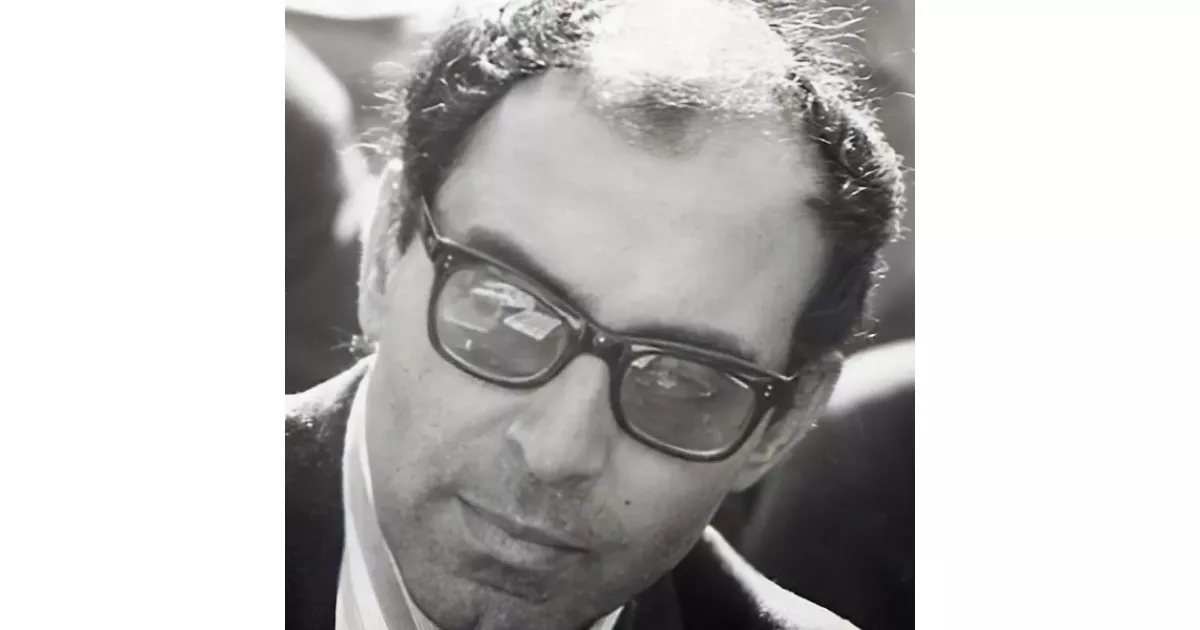How education and upbringing influenced the life of Jean-Luc Godard. A timeline of key moments.
Jean-Luc Godard was a highly influential French-Swiss film director, screenwriter, and critic, a key figure in the French New Wave. His experimental approach revolutionized filmmaking through innovations in narrative, sound, camerawork, and continuity. Godard's work challenged conventional cinematic norms and cemented his place as one of the most important filmmakers of the post-war era.
December 1930: Jean-Luc Godard Born
On December 3, 1930, Jean-Luc Godard was born in the 7th arrondissement of Paris to Odile (née Monod) and Paul Godard. His parents were from wealthy Franco-Swiss Protestant families.
1936: Foundation of the Cinémathèque Française
In 1936, Henri Langlois and Georges Franju founded the Cinémathèque Française, which later became an important venue for film enthusiasts like Jean-Luc Godard.
1946: Introduction to Cinema
In 1946, Jean-Luc Godard's interest in cinema was sparked by reading André Malraux's essay 'Outline of a Psychology of Cinema' and the relaunch of La Revue du cinéma.
1947: Establishment of Ciné-Club du Quartier Latin (CCQL)
Around 1947 or 1948, the Ciné-Club du Quartier Latin (CCQL) was founded, led by Maurice Schérer. This club played a key role in the intellectual development of film enthusiasts like Jean-Luc Godard.
1948: Establishment of Ciné-Club du Quartier Latin (CCQL)
Around 1947 or 1948, the Ciné-Club du Quartier Latin (CCQL) was founded, led by Maurice Schérer. This club played a key role in the intellectual development of film enthusiasts like Jean-Luc Godard.
1948: Failure of Baccalauréat Exam
In 1948, Jean-Luc Godard failed his baccalauréat exam and subsequently returned to Switzerland, marking a setback in his formal education.
1949: Return to Paris
In 1949, after passing the baccalauréat retest, Jean-Luc Godard returned to Paris and registered for a certificate in anthropology at the University of Paris (Sorbonne), though he did not regularly attend classes.
1950: Ciné-Clubs Gaining Prominence
Around 1950, in Paris' Latin Quarter, ciné-clubs (film societies) gained prominence, becoming regular haunts for Jean-Luc Godard. He frequented the Cinémathèque Française, Ciné-Club du Quartier Latin (CCQL), Work and Culture ciné club, and others.
1952: Return to Switzerland
In the fall of 1952, Jean-Luc Godard left Paris and returned to Switzerland, residing with his mother in Lausanne.
April 1954: Death of Godard's Mother
In April 1954, while working as a telephone switchboard operator at the Grande Dixence Dam, Jean-Luc Godard received a call relaying the news of his mother, Odile Monod, dying in a scooter accident.
January 1956: Return to Paris
In January 1956, Jean-Luc Godard returned to Paris, but his ambitious plan to create a feature film based on Goethe's Elective Affinities was unsuccessful.
December 1958: Reporting from the Festival of Short Films
In December 1958, Jean-Luc Godard reported from the Festival of Short Films in Tours, expressing admiration for the work of Jacques Demy, Jacques Rozier, and Agnès Varda and solidifying friendships.
May 1968: May 1968 Events Foreshadowed
Released just before the May 1968 events, Godard's film La Chinoise is thought by some to have foreshadowed the student rebellions that took place.
1968: Cannes Film Festival Shutdown
Inspired by the May 1968 upheaval, in 1968, Godard, along with François Truffaut, led protests that shut down the Cannes Film Festival in solidarity with the students and workers.
1969: Formation of the Dziga Vertov Group
In 1969, Jean-Luc Godard, influenced by Marxist philosophy, formed the Dziga Vertov Group with other radical filmmakers to create political works.
September 2022: Jean-Luc Godard's Death
Jean-Luc Godard, the influential French-Swiss film director, screenwriter, and critic, passed away on September 13, 2022.
Mentioned in this timeline

The Catholic Church the largest Christian church globally with over...

Quentin Tarantino is a highly influential American filmmaker actor and...

Jane Fonda is a celebrated American actress and activist renowned...
France officially the French Republic is primarily located in Western...

Music is a cultural universal involving the arrangement of sound...

Books are a means of storing information as text or...
Trending

3 minutes ago Yoon Suk Yeol, South Korean ex-president, receives life sentence for insurrection and martial law.

2 hours ago Maya Hawke and Christian Lee Hutson celebrated wedding with Stranger Things cast present.
2 hours ago Wizz Air Launches New Larnaka-Barcelona Flights, Boosting Tourism for Cyprus and Spain.

2 hours ago Jon Ossoff criticizes Trump, speech goes viral, fueling 2028 'Front Runner' speculation.
4 hours ago ANTM's controversies are revealed in a new Netflix documentary, with Tyra Banks facing criticism.
4 hours ago EU monitors Albania's legal changes: Concerns raised over Rama's SPAK amendment.
Popular

Jesse Jackson is an American civil rights activist politician and...
Randall Adam Fine is an American politician a Republican who...

Pam Bondi is an American attorney lobbyist and politician currently...

Barack Obama the th U S President - was the...

Martin Luther King Jr was a pivotal leader in the...

Ken Paxton is an American politician and lawyer serving as...
